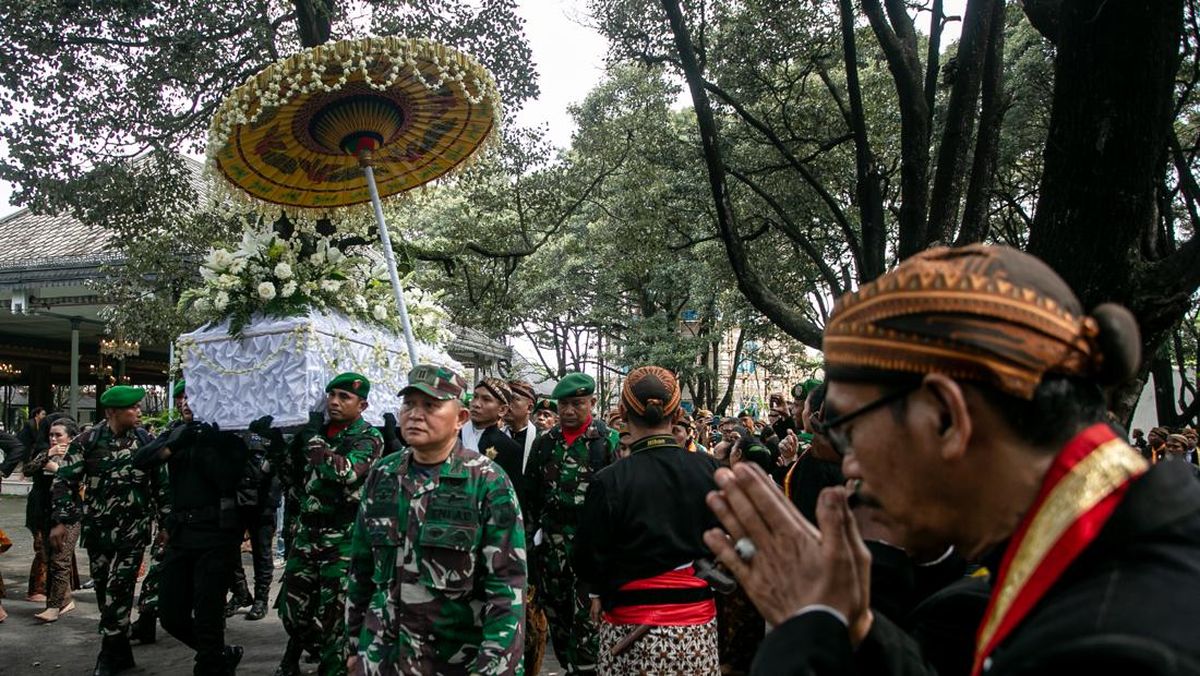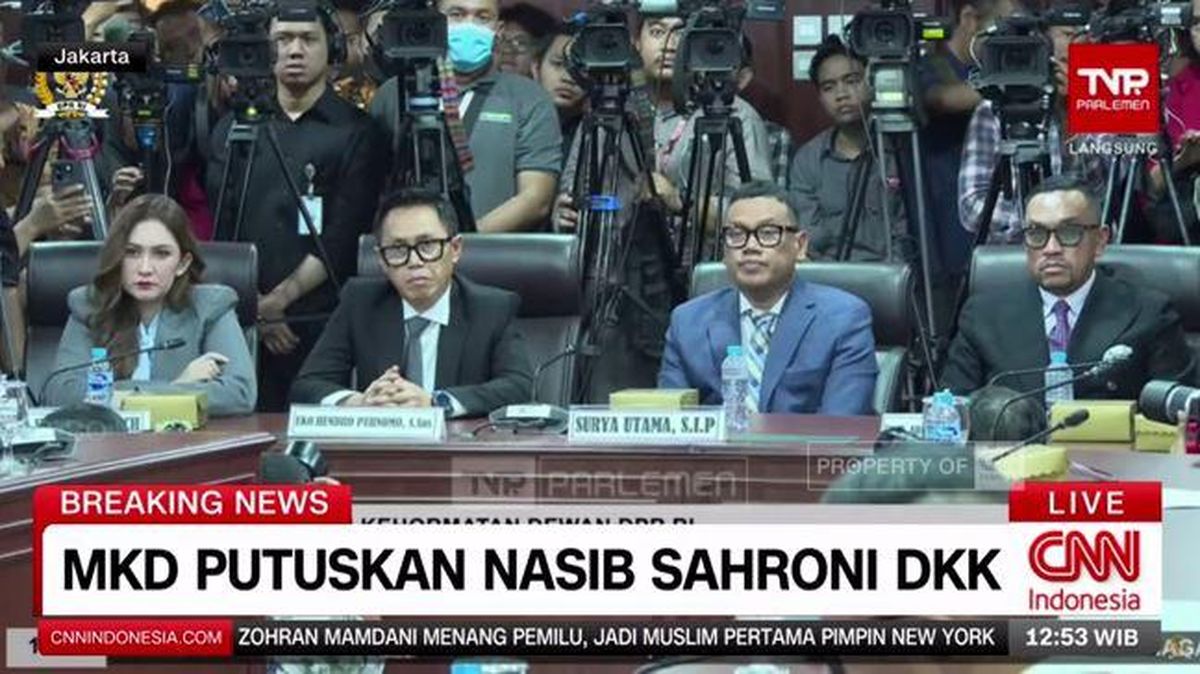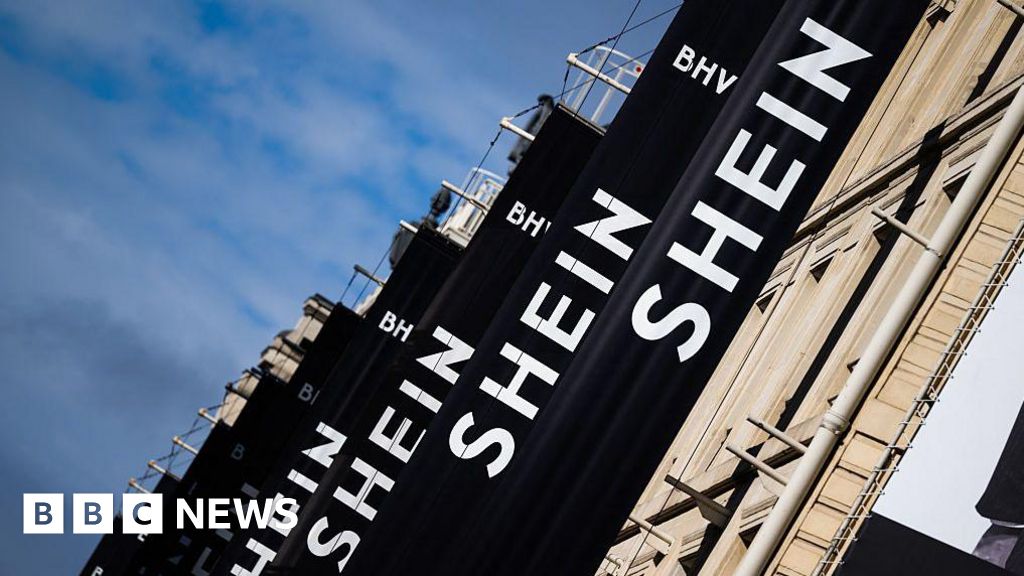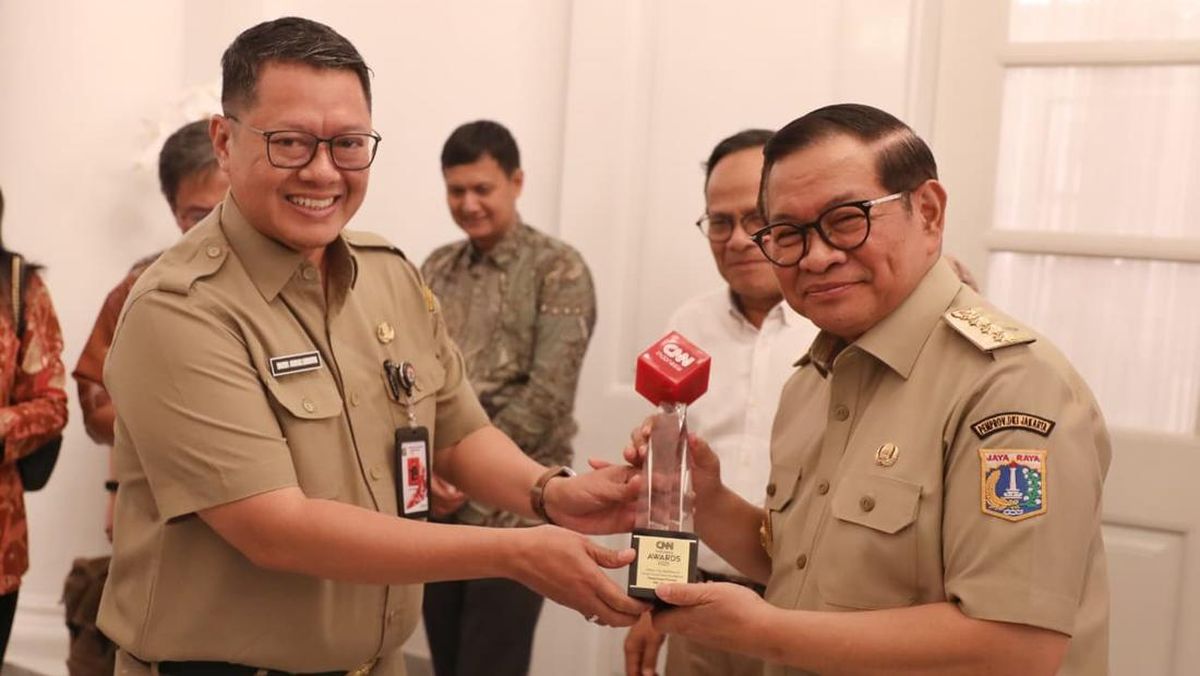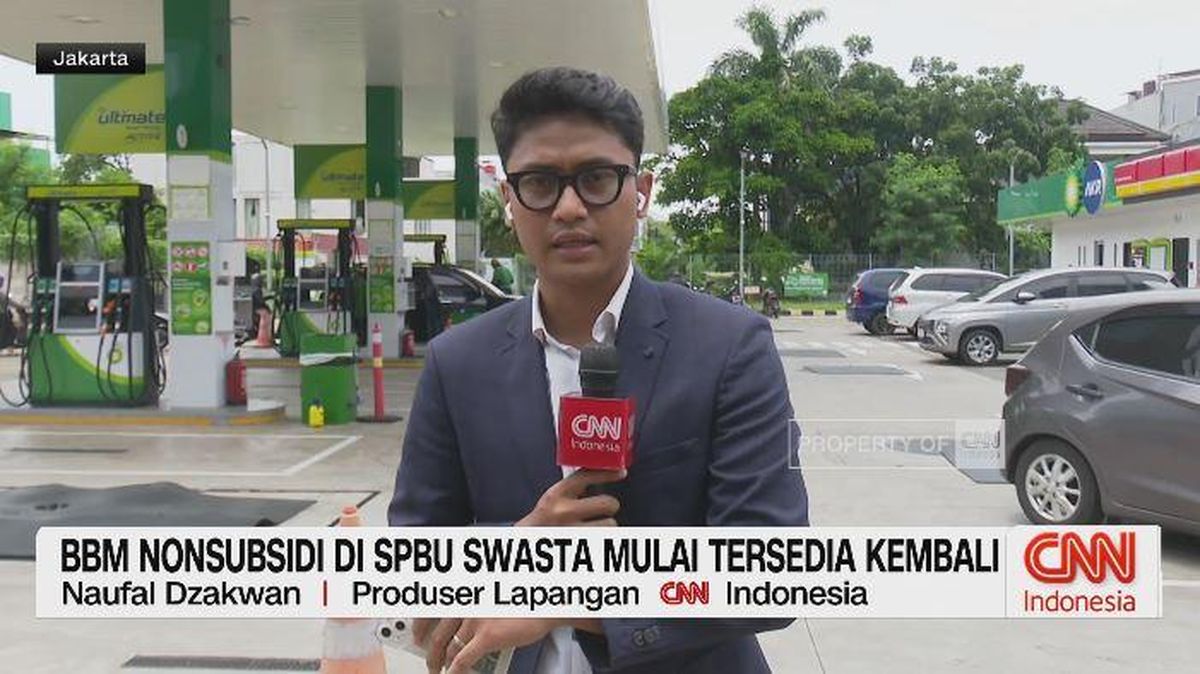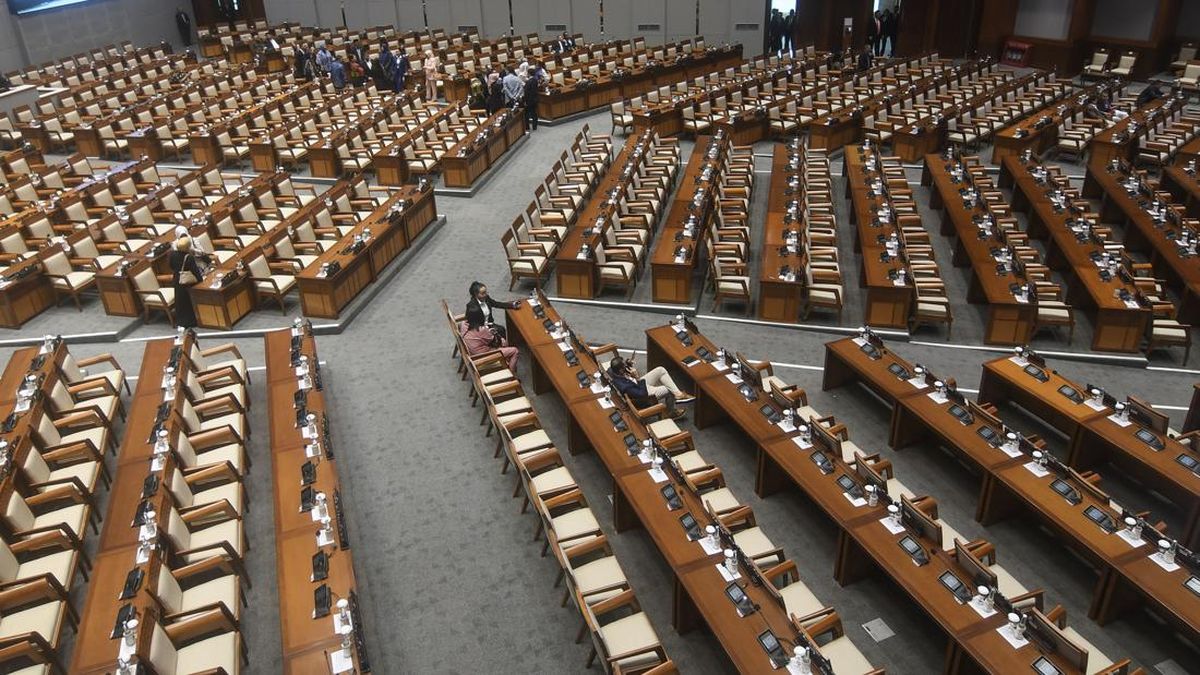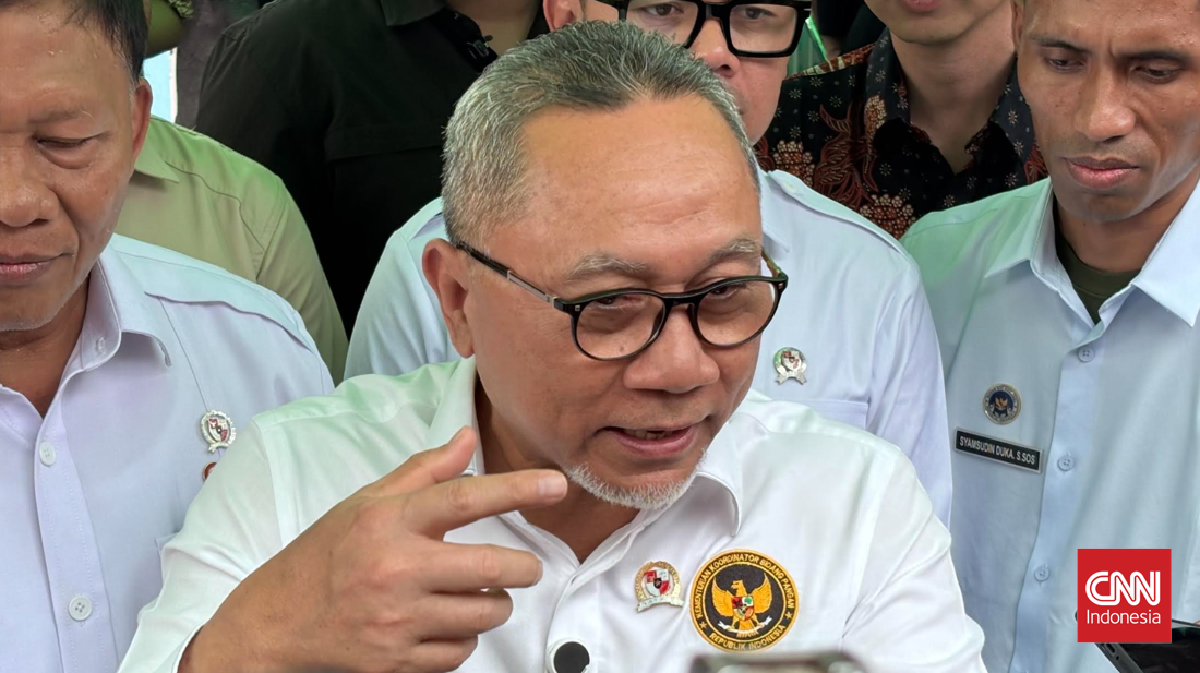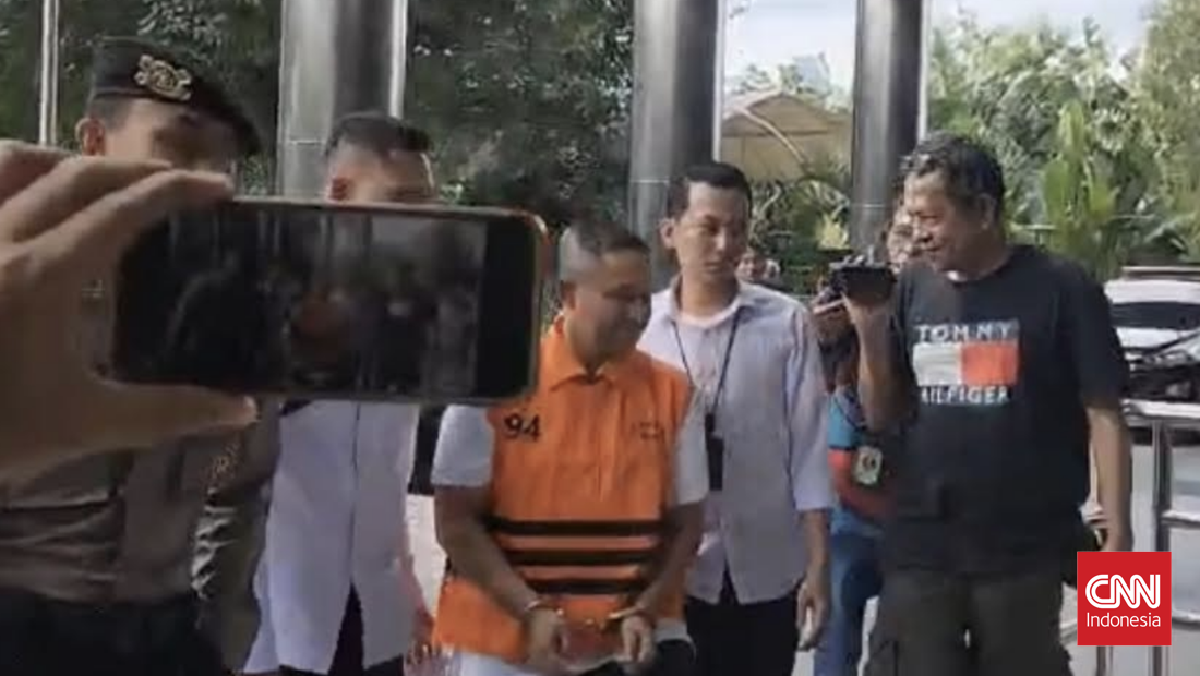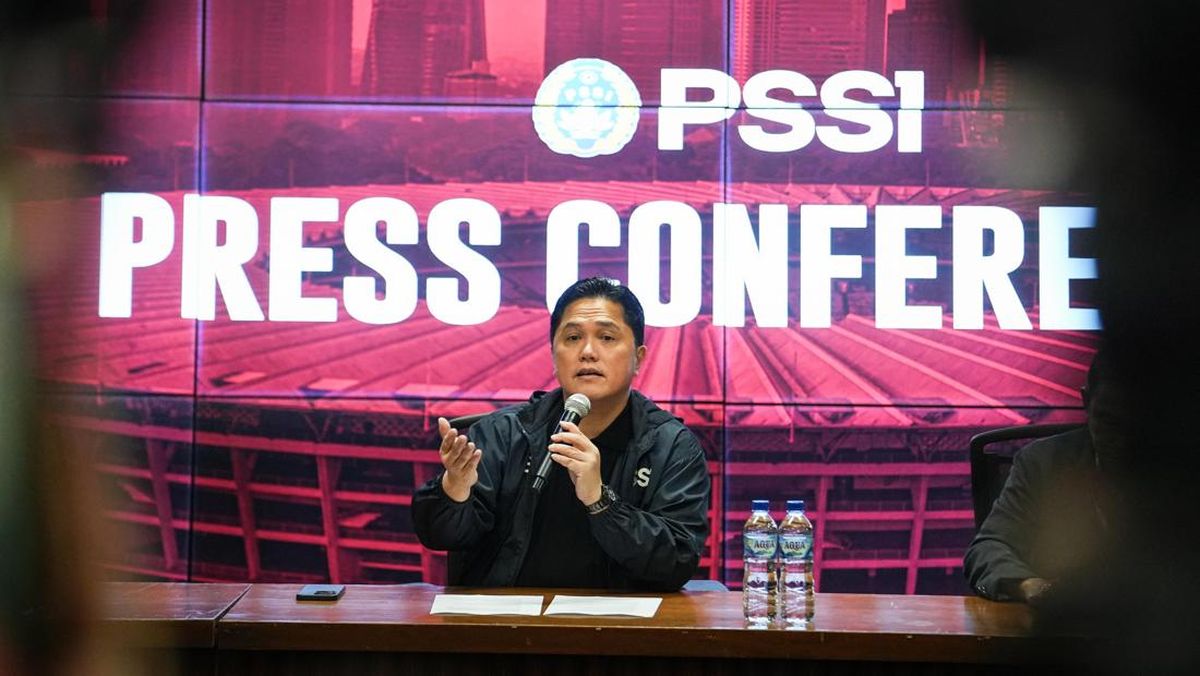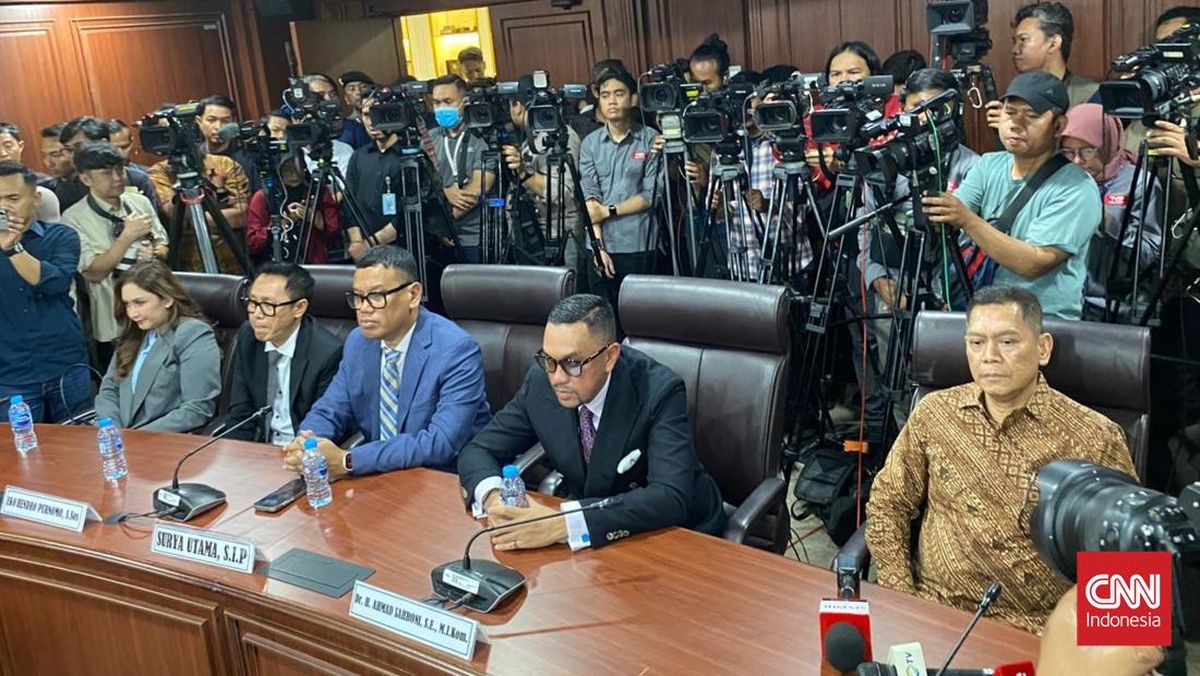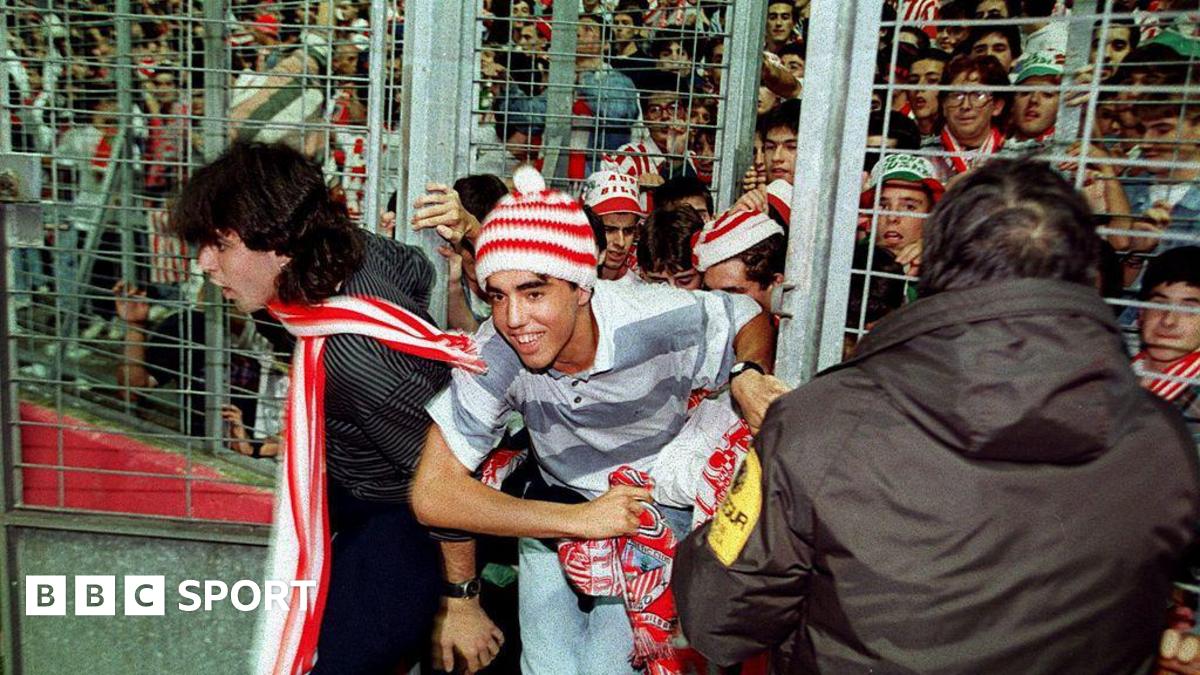At least when Oliver Twist asked for more gruel, he was wearing rags.
But WA Premier Roger Cook and his Treasurer, Rita Saffioti, looked like they’d just left Savile Row when they put out the begging bowl for more GST on Wednesday.

West Australian Premier Roger Cook and Rita Saffioti in Canberra - happy with a GST system that delivers WA an extra $6 billion a year.Credit: Alex Ellinghausen
The pair ventured to Canberra to launch their “WA’s GST is working for Australia” campaign, which is aimed as much at the disgruntled voters of every other state and territory as much as at voters in the safe confines of Perth.
The source of the angry voters of the eastern seaboard is a seven-year-old deal that has delivered billions of dollars to Cook and Saffioti, but which is on course to cost all federal taxpayers about $60 billion by the end of the decade.
Described by independent economist (and proud Tasmanian) Saul Eslake as the worst public policy initiative of this century, the GST deal put in place by Scott Morrison and Josh Frydenberg in 2018 has become an unmitigated fiscal disaster for Canberra.
Loading
It was driven by problems with the GST allocation system that had led to WA, in the midst of a domestic recession, receiving ever-dwindling amounts of GST. At one point, it was clear that unless the system changed that WA taxpayers would not receive a cent of the tax.
To fix a clearly broken system, the Productivity Commission recommended the GST be shared on a per capita basis between the states and territories with top-ups for those areas with particularly difficult financial problems (primarily Tasmania and the Northern Territory).
Instead, Morrison came up with the current two-part system.
WA is guaranteed to effectively receive 75 cents in every dollar of GST thought to be generated in the state. That’s a guaranteed share of the annual pot of GST.
Due to the guarantee, every other state and territory is given extra cash to make sure they are not left worse off by WA’s fixed allocation.
It’s this second part of the deal that is now costing federal taxpayers, including those in Western Australia. Both sides of politics know it is untenable.
That’s not Cook’s problem. As he correctly noted, if the GST system reverted to its pre-2018 incarnation, WA would be out by $6 billion a year.
Federal taxpayers would most likely be called in to funnel more cash into the state to deliver essential services or infrastructure.
Cook also argued, rightly, that the current allocation system gives new meaning to the word opaque. The number of people who understand how the Commonwealth Grants Commission comes up with its annual GST carve-up could fit in a phone box.
His claim, however, that the system encourages the states and territories to maximise their GST share by stopping economic development within their boundaries is evidence-free.

The West Australian government - taking credit for the state’s natural resources.Credit: Matt Jelonek
“It’s a ridiculous system that disincentivises state governments to develop their industries, and quite frankly, I think it needs an overhaul to ensure that we provide the right incentives,” Cook claimed.
As described by Cook, his state’s riches are due to hard-working West Australians and great economic management by the government.
By this reckoning, it was government policy that led to some of the globe’s most valuable deposits of iron ore, oil, gas, gold, lithium, nickel, copper and zinc being located beneath the soil and waters of Western Australia.
The ability of China to move hundreds of millions of people out of poverty, the cause for the extraordinary prices for the minerals beneath the feet of West Australians, was really a cunning plan hatched by the denizens of Harvest Terrace.
Loading
But this is a state government that, despite a budget surplus that would bring Jim Chalmers to tears, is still struggling to provide ordinary health services, has the second-highest inflation rate in the country, and has overseen a near-fourfold blowout in the cost of its centrepiece Metronet rail project.
It’s now found money to run a nationwide advertising campaign to keep in place a GST allocation system that, if left unchecked, will rip increasingly large amounts of money out of the pockets of federal taxpayers. That includes the residents of Western Australia.
The problems that caused the Morrison government to pull together the GST deal in the first place – a GST allocation system that makes little sense to even the most seasoned of policy wonks – haven’t gone away.
The Productivity Commission review recently set in train by Chalmers, and which will report next year, will almost certainly argue the Morrison-era deal has to change.
Not even a rousing version of Oliver! will change the political and fiscal endgame that is about to play out for the GST allocation system.
Cut through the noise of federal politics with news, views and expert analysis. Subscribers can sign up to our weekly Inside Politics newsletter.
Most Viewed in Politics
Loading



